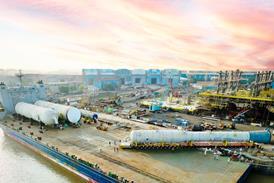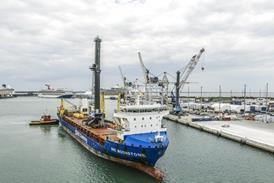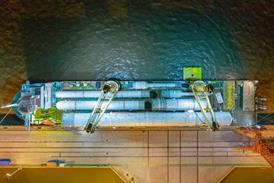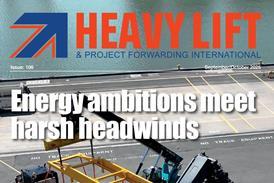AAL Shipping has chosen the ABB Ability Octopus marine advisory system to optimise operations of its advanced fleet of Super B-class heavy lift vessels.
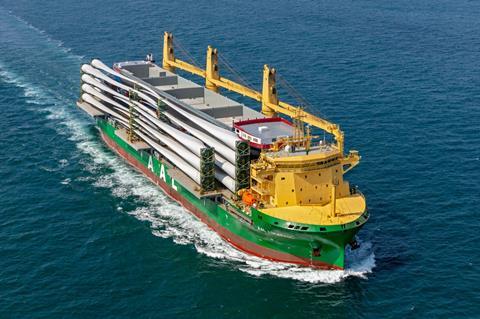
AAL has currently four 32,000 dwt Super B class vessels in operation, with four more due for delivery by 2026. The third-generation vessels have been designed for maximum flexibility to transport bulky, heavy and high-value cargoes. ABB’s technology will help enhance the safety and efficiency of its cargo carrying operations.
Octopus is the market leader in motion monitoring and forecasting solutions within the global semi-submersible fleet, said ABB. Now the demand for the monitoring and operational planning software from the project cargo and offshore wind markets is on the rise, said ABB. The carrier’s package response forecasting and motion monitoring, which ensures vessel operations remain within allowable motion limitations, helps to minimise the risk of damage to the ship and its cargo while also supporting route planning optimisation. By maximising fuel consumption efficiency, the feature also contributes to reduced carbon emissions per transported cargo unit.
“A key area of benefit is when we are sailing with the AAL Eco-Deck in place along the starboard side of the vessel. When either using or planning to use the Eco-Deck, ABB’s Octopus technology can aid us in monitoring and forecasting the potential reaction of our vessel to various modelled wave and weather conditions – crucial to planning safe and efficient sailings,” explained Nicola Pacifico, head of transport engineering at AAL.

